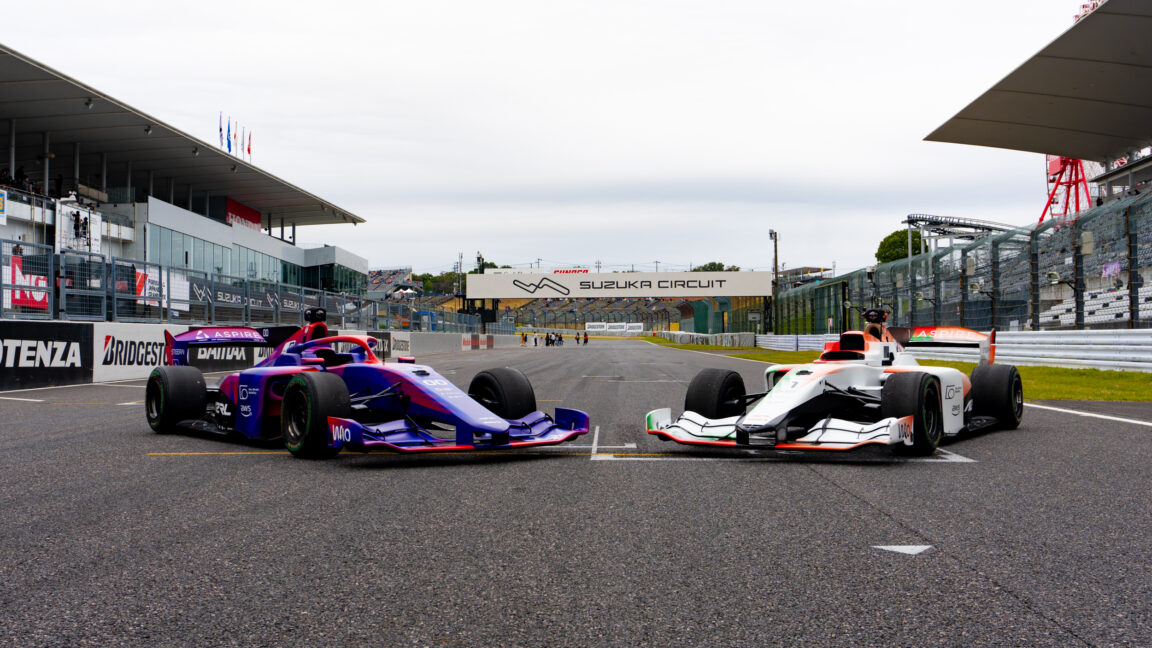Sports
Opinion: The sports betting revenue from Proposition JJ will protect Colorado’s water

Among all the 14 measures on the ballot this November, one is a no-brainer. Proposition JJ will ensure that efforts to conserve and protect Colorado water will get an extra infusion of funding, at no cost to taxpayers.
In 2019, Colorado voters made a wise decision by passing Proposition DD, which allocated the proceeds of a tax on sports betting operators to help fund the implementation of Colorado’s Water Plan. This program has surpassed all expectations, resulting in $79 million extra dollars over the last five years to conserve and protect Colorado’s precious water resources. These funds have been instrumental in benefiting farmers, ranchers, communities, anglers, boaters, and almost every Coloradan’s kitchen faucet.
Now, Colorado voters have another crucial opportunity this year. Proposition JJ asks whether the state can keep and spend all tax revenues from sports betting, beyond the current $29 million cap. Proposition DD revenues have increased so much that they are now projected to exceed the annual cap starting this year and every year into the future.
Colorado’s Taxpayer’s Bill of Rights (TABOR) requires that any tax dollars raised above a tax cap must be refunded. Without voter approval, any revenues above the DD TABOR cap must be returned to casinos and sports betting operators. This measure is vital to ensure that all collected funds continue to be used for conserving and protecting Colorado’s water, rather than being returned to casinos and sports betting companies.
The Colorado Water Conservation Board has been diligent in ensuring that these dollars benefit Coloradans in every corner of the state. One impactful project is the Little Cimarron River Fish and Flow Bypass, which modified the Collier Ditch dam on the Cimarron River. This modification allows the environment and agriculture to work together, benefiting all water users. Farmers and fish alike are reaping the rewards of this innovative construction.
Another significant effort is with the Municipal Water Supply Conservation Projects, including an award to the Alliance for Water Efficiency. This project supports water conservation in mobile home parks in Colorado Springs, Thornton, and Fountain. It includes in-home repairs, researching water-saving opportunities, and addressing equity issues, helping ensure that underserved communities have access to clean, safe drinking water.
Given that agriculture uses over 70% of Colorado’s water, it’s crucial to support efficient and innovative operations in this sector. The Intermountain West Alternative Forages Project received funding to explore the feasibility of feeding livestock while using less water.
Colorado’s agricultural and outdoor recreation sectors are a cornerstone of our economy and way of life. By funding innovative water-saving projects, we help farmers and ranchers continue to operate sustainably, preserving our agricultural heritage for future generations while also improving our outdoor amenities, ensuring that anglers, boaters, and all outdoor enthusiasts can continue to enjoy our natural resources while protecting wildlife.
As Colorado voters, we have the power to make a significant impact on the future of our state’s water resources, agricultural economy, and outdoor recreation opportunities. By voting ‘yes’ on Proposition JJ, we can ensure that all tax revenues from sports betting are used to benefit our communities, rather than being returned to casinos and sports betting companies.
Let’s join together once again, as we did in 2019, to support this vital initiative. Vote “yes” on Initiative JJ to conserve and protect our water.
Erin Karney is the executive vice president of the Colorado Cattlemen’s Association. Brian Jackson is the director of the Western Water at the Environmental Defense Action Fund.
Sign up for Sound Off to get a weekly roundup of our columns, editorials and more.
To send a letter to the editor about this article, submit online or check out our guidelines for how to submit by email or mail.
Originally Published:










